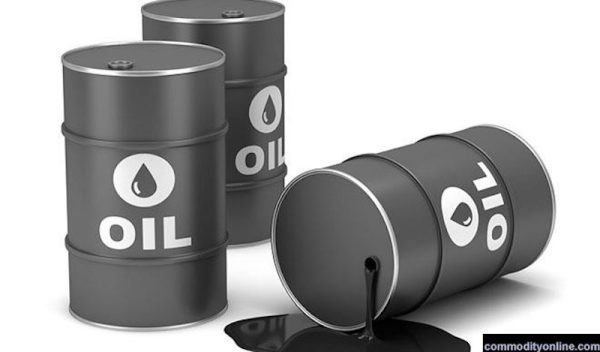Nigeria has faced a setback in its oil revenue target for 2025, losing 2.04 million barrels of oil in the first half of the year.
This data comes from the Nigerian Upstream Petroleum Regulatory Commission (NUPRC), which released trends on crude oil losses for the period ending July 2025.
The report shows that crude oil losses, mainly from theft and metering issues, have fallen to their lowest level in almost 16 years.
In July 2025, daily losses were recorded at 9,600 barrels per day, the lowest since 2009, when losses stood at 8,500 barrels per day.
The NUPRC said this progress is a major step forward in its efforts to stop all forms of crude oil loss in Nigeria’s oilfields and pipelines.
Between January and July 2025, Nigeria lost a total of 2.04 million barrels, averaging 9,600 barrels per day. This is a significant improvement compared to previous years.
For comparison, the full year of 2024 recorded 4.1 million barrels lost, averaging 11,300 barrels per day. In just seven months of 2025, losses were reduced by 50.2 percent.
The figures also show a huge drop of 94.57 percent compared to 2021, when Nigeria lost 37.6 million barrels at a daily average of 102,900 barrels.
This means that in just four years, crude oil losses have been cut by 35.56 million barrels. The year 2021 recorded the highest losses in nearly 23 years.
Since the Petroleum Industry Act was implemented in 2021, Nigeria has steadily reduced oil losses. Losses fell from 37.6 million barrels in 2021 to 20.9 million barrels in 2022, averaging 57,200 barrels per day.
The downward trend continued in 2023, with losses of 4.3 million barrels (11,900 barrels per day), and in 2024, losses were reduced to 4.1 million barrels (11,300 barrels per day).
The NUPRC said it uses both “kinetic” and “non-kinetic” strategies to fight oil losses. Kinetic strategies involve working closely with security agencies, oil operators, and communities.
Non-kinetic strategies include regulatory measures to close loopholes. One important step is a metering audit at upstream facilities to ensure accurate measurement of production and exports.
To strengthen control further, NUPRC, under the leadership of Mr. Gbenga Komolafe, approved 37 new crude oil evacuation routes to reduce oil theft.


